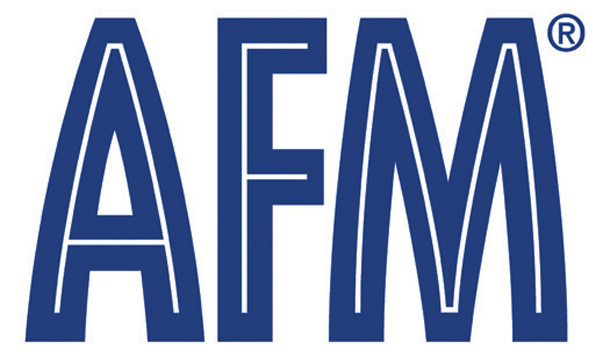Every autumn, the global film community converges in Santa Monica for one reason: the American Film Market is where business gets done. Whatever you’re looking for—whether it’s big-budget, art, genre, action-adventure or drama—you can find it at the AFM. It’s all part of a world-class market that offers a diverse range of films and projects, one-stop global shopping, and access to the film capital of the world.
Jonathan Wolf, AFM
When you’re selling concepts, when you’re selling a film that hasn’t been made, that’s best done face-to-face.
Jonathan Wolf, who serves as both executive vice president of the Independent Film & Television Alliance and American Film Market managing director, is enthusiastic about the 32nd AFM—and for good reason. Over 8,000 people are expected to attend this year, and over 70 countries will be represented. And even with the film industry undergoing massive change, Wolf is convinced the film market is still a productive place to do business. “When you’re selling concepts, when you’re selling a film that hasn’t been made, that’s best done face-to-face. Despite the growth in all ways to communicate technologically, the trade show industry has continued to grow. The fact is, face-to-face marketing is an important channel and it’s much more important in the film industry than in most other industries.”
According to Wolf, a film market creates an auction environment that operates more efficiently than if you were to try and sell your films individually. “When you have all of [the] buyers in one place at one time, you have the opportunity for a bidding war,” he explains. “When you’re sending emails to people saying ‘Here’s a copy of my script. Are you interested in buying it before I’ve made it?’, and you just send it all over the world, you’re going to get nowhere because the potential buyers can’t read the marketplace. They can’t get a sense of what the values are that their competitors are placing on the film. The film industry is very, very collaborative and that’s why the markets are so important.”
And that’s why the American Film Market will continue to play the role it’s played for the past 30 years. “Like in any industry,” says Wolf, “you listen to your clients and you deliver services and programmes that are best for them. At the end of the day, when it comes to any trade fair in any industry, it’s making sure you have critical mass—that all the buyers feel they’re going to see all of the content and all the content providers feel that all the global buyers are all present in one place at one time. As long as it continues to do that, it’s going to be healthy, and that, for us, is our primary focus.”
Wolf remains optimistic about the volatile business of film marketing and distribution and believes the industry is extremely resilient. While it’s too early to tell the exact number of films that will be available for sale this year, he doubts the current global economic climate will affect the number of buyers. “First of all, the film industry operates on about a one-year lag, meaning that decisions are being made on films that won’t be available for the consumer for another year, so buyers are anticipating what the marketplace will be. The second is the feature-film industry is extremely resilient to poor economic times. If people aren’t travelling and taking trips, they’re staying home and likely going to the movies. Over the decade, the feature-film industry has been fairly recession-proof. While it may go up a few points or down a few points, it hasn’t had the big swings that other industries have. The greater effect is the kind of films that are in the theatre, not what the economic climate is.”











